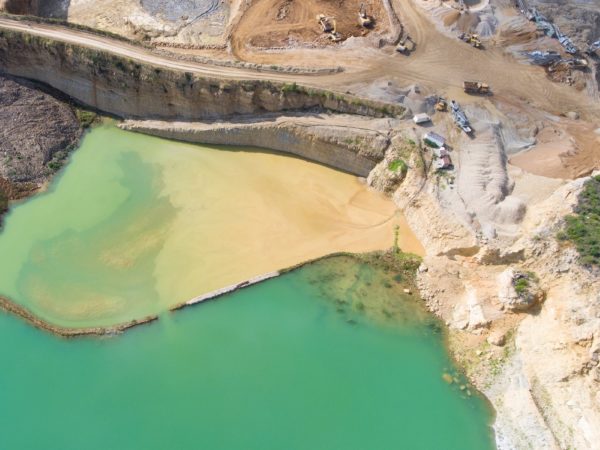Human Rights Reporting and Assurance Frameworks Initiative (RAFI)
-
Overview
The Human Rights Reporting and Assurance Frameworks Initiative is a project led by Shift and Mazars to develop a publicly available, standardized framework to assist companies and assurors in their efforts to adhere to the UN Guiding Principles on Business and Human Rights.
Through this initiative, the RAFI team developed the UN Guiding Principles Reporting Framework (with implementation guidance) as a framework through which companies can report on how they respect human rights. The team is in the process of creating a corresponding Assurance Framework.
Accountability Counsel submitted comments and recommendations to the RAFI team during the early stages of the Reporting Framework’s development.
Our Impact
The RAFI team recognized all of Accountability Counsel’s recommendations in its October 2013 Summary of Points consultation document. The team incorporated some of the key recommendations into the final Reporting Framework, which include:
- Stakeholder engagement: as part of the reporting process, companies are expected to engage with stakeholders (e.g., those affected by a company’s operations) to identify human rights risks and explain how they responded to human rights issues through their decision-making processes.
- Impact, not just process: the Framework asks companies to report on the impact of their operations, not just their processes for conducting due diligence and assessing risk. A company should cite specific examples from the reporting period to illustrate whether each salient human rights issue that it identified is being managed effectively.
- Relevant reporting: the Framework discourages companies from reporting irrelevant information (such as their compliance with voluntary corporate social responsibility and philanthropy programs), which can distract from their real human rights impacts. The Framework states that a “company may wish to report on initiatives that support or promote human rights but which are unrelated to the management of salient human rights issues; if so, it should ensure that this does not obscure or detract from the responses it provides to the questions in this Reporting Framework” (p. 8).
Despite these positive additions to the Framework, it still contains some notable shortcomings:
- Companies have a wide range of discretion in which human rights risks and impacts they choose to self-report. Mandatory reporting with independent third-party verification would be a significant improvement in terms of accountability.
- When a company is unable to complete the Framework in full, it should clearly label the report as incomplete for reporting and assurance purposes, explain why (lack of preparation in data-gathering in that specific region, for example), and set a firm timeline to arrive at complete reporting. The Framework does not require the company to do so in its reporting.
- There is no established process or timeline for the periodic assessment/revision of the Reporting and Assurance Frameworks in order to incorporate lessons learned and improvements.
How the Process Worked: The Development of the Frameworks
The RAFI team held a series of consultations and received feedback throughout the Reporting Framework’s development. On 26 June, 2013, Accountability Counsel authored comments on the Shift/Mazars’ Discussion Paper regarding Developing Global Standards for the Reporting and Assurance of Company Alignment with the UN Guiding Principles on Business and Human Rights.
The following is a brief timeline of the process:
- May 2013: RAFI team issues discussion paper.
- May – September 2013: RAFI team invites and receives comments and feedback on discussion paper.
- June 2013: Accountability Counsel submits comments.
- October 2013: RAFI team issues summary of comments submitted.
- October – November 2013: RAFI team holds a number of expert consultations and multi-stakeholder workshops.
- November 2013: RAFI team issues framing document describing vision and objectives.
- February – April 2014: RAFI team publishes document detailing main takeaways from RAFI Consultations. RAFI team conducts interviews of stakeholders to discuss ideal questions and indicators of human rights performance.
- April – May 2014: RAFI team conducts second round of expert consultations from various stakeholders, focused on the construction of the RAFI Reporting Framework. They produce an Outline Construct document and a document on Smart Questions.
- August 2014: Work began on the Assurance Framework.
- November 2014: RAFI team produces first draft of Reporting Framework. They hold expert consultations regarding first draft.
- February 2015: RAFI team release a formal piloting version of Reporting Framework.
- Expected 2016: Release of the Assurance Framework.

